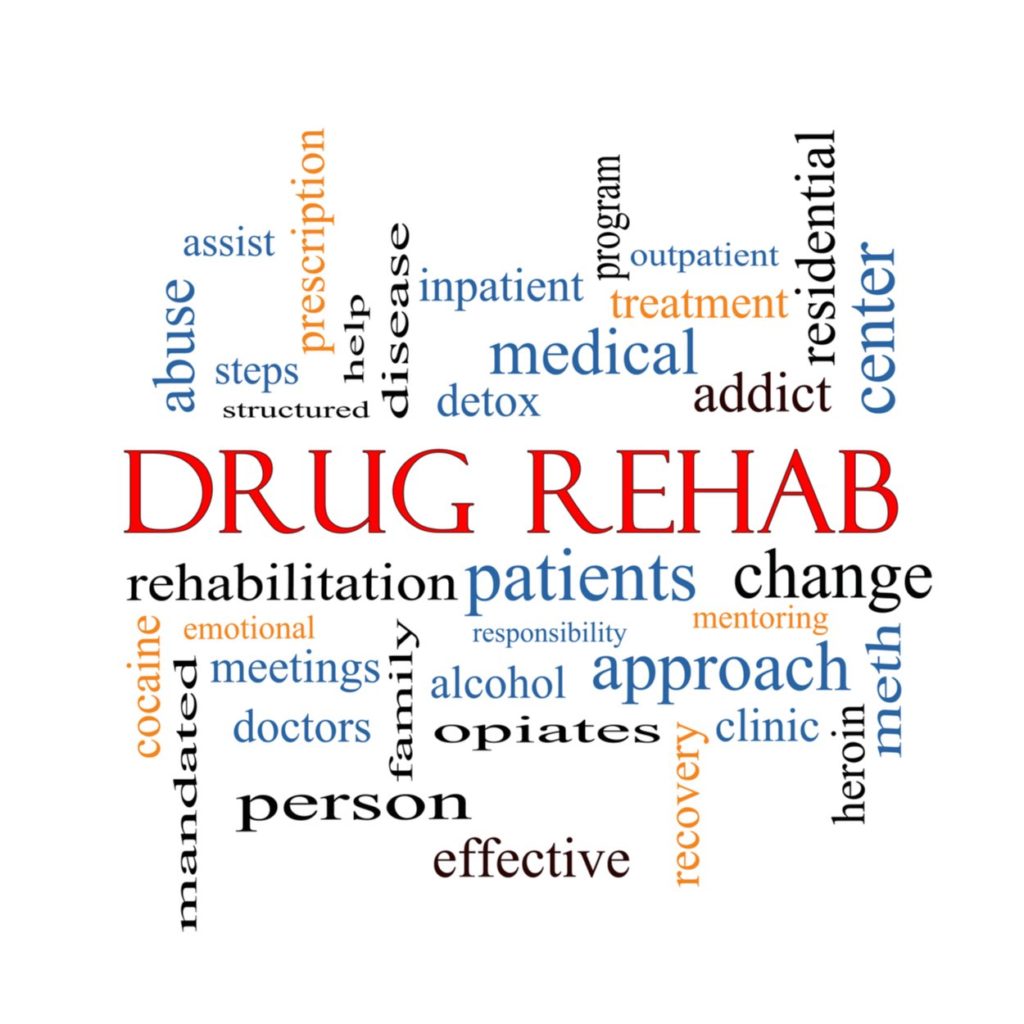Intensive Outpatient Program is also known as Intensive Outpatient Treatment or IOP. This form of treatment is often recommended after medical and clinical assessment states more intensive outpatient treatment is necessary. IOP is recommended for patients who do not require medically-supervised detox sessions. They are designed to help you continue with recovery after going through a successful detox program, or inpatient treatment.
What is important to know is that IOPs work on an intensive schedule, but also part-time. You will be able to continue working on your family life, as well as maintain responsibilities at work or school. Overall, IOP helps you to begin rebuilding your life and mend important family ties.
Understanding IOP
Table of Contents
Although IOP is not a live-in treatment plan, there are still serious time commitments attached to these programs. You should plan to commit at least three days per week to an intensive outpatient treatment program, which should last about 3 hours per session.
The main focus of the intensive outpatient program is relapse deterrence. Along with this, there are also other objectives, including:
- Achieving and maintaining sobriety
- Developing a sober support network
- Addressing the issues that lead to drug or alcohol abuse
- Identifying psychological problems
- Implementing positive behavior as well as lifestyle changes
- Improving coping strategies
Who Needs IOP?
IOP is a crucial part of the road to recovery for many people. Although inpatient care typically takes place in a hospital, clinic, rehab, or another facility, this can be too high of a level of commitment for some.
Even though inpatient treatment provides the highest level of care, it may not be suited for you because of certain obligations. Whether you have family or work commitments, or simply cannot leave your life for 28 or more days, leaving for a substantial amount of time may not be a realistic option for you. This is why IOP is the best choice for someone with a more severe addiction that cannot take time away.
Who is IOP Best For?
You will be able to obtain the care you need, while still staying at home at the same time. As long as you have a safe home environment with an encouraging support system, it is a great option for you. You need to ensure that you do not have anyone in your household that uses drugs or drinks. If you do not live in a sober household, then residential treatment is typically suggested to remove yourself from these triggers.
What to Expect From IOP
IOP treatment is an intense program that you will need to prepare yourself for. It is a step up from structured outpatient programs and allows you to maintain social contact while under the supervision of your therapists. Essentially it is a step down from residential programs.
Typically you will have already made some type of progress toward recovery at this point. Even though IOPs may vary depending on where you are attending treatment, typically they contain the following core services:
- Individual and group counseling
- Different behavioral therapies
- Monitoring of drug and alcohol levels
- Pharmacological tools
- Case management
- Educational opportunities
- Mental health and medical treatment
- 24-hour crisis management
Depending on your specific program, you may also receive fitness programs, vocational training, participate in family therapies, and nutritional services.
What are the Benefits of IOP?
Designed to facilitate individuals who want more monitoring during recovery, and IOP offers a variety of benefits.
Maintain Responsibilities
One benefit of outpatient programs overall is that you can maintain and manage your household responsibilities while completing your recovery. This is especially important if you have children, or overlook elderly adults that need continued supervised care. You may also have a demanding job that you cannot afford to let go of. IOP treatment offers flexibility and freedom when needed.
Social Support
IOP brings you the opportunity to strengthen relationships with close friends and family. Because you can bring in these people to your treatment, you will create a strong network with the ones you love. You may intentionally meet or spend time with them as a part of the treatment process, and this can truly help the process of recovery through social support.
Keeps Your Recovery Private
You may have never considered this, but going to IOP means you will not need to tell anyone that you are going away for treatment. This is very important if you are a private person or are in the public eye. Many people are embarrassed when it comes to disclosing that they are in recovery. IOP allows you to keep your recovery completely private.
Less Inexpensive
Going through an IOP or outpatient program, in general, is less expensive than inpatient treatment. This means that it may even be covered by insurance, and will not be a financial burden.
Contact us at Find Addiction Rehabs to learn more about IOPs and to find the best program for you.
Deborah Tayloe is a freelance writer specializing in health and sciences. Deborah earned a B.S.Ed. in Secondary Education/English, accompanied by a Spanish minor. Her writing expertise allows her to craft engaging, impactful articles to help people be well.
In addition, she holds a fully accredited Certificate of Natural Medicine and is a certified Herbalist. Through her understanding of complementary medicine, Deborah helps medical professionals give people the information they need to embrace natural approaches to wellness.
When she’s not working, Deborah trains for 5K races and advocates for animal rights.


